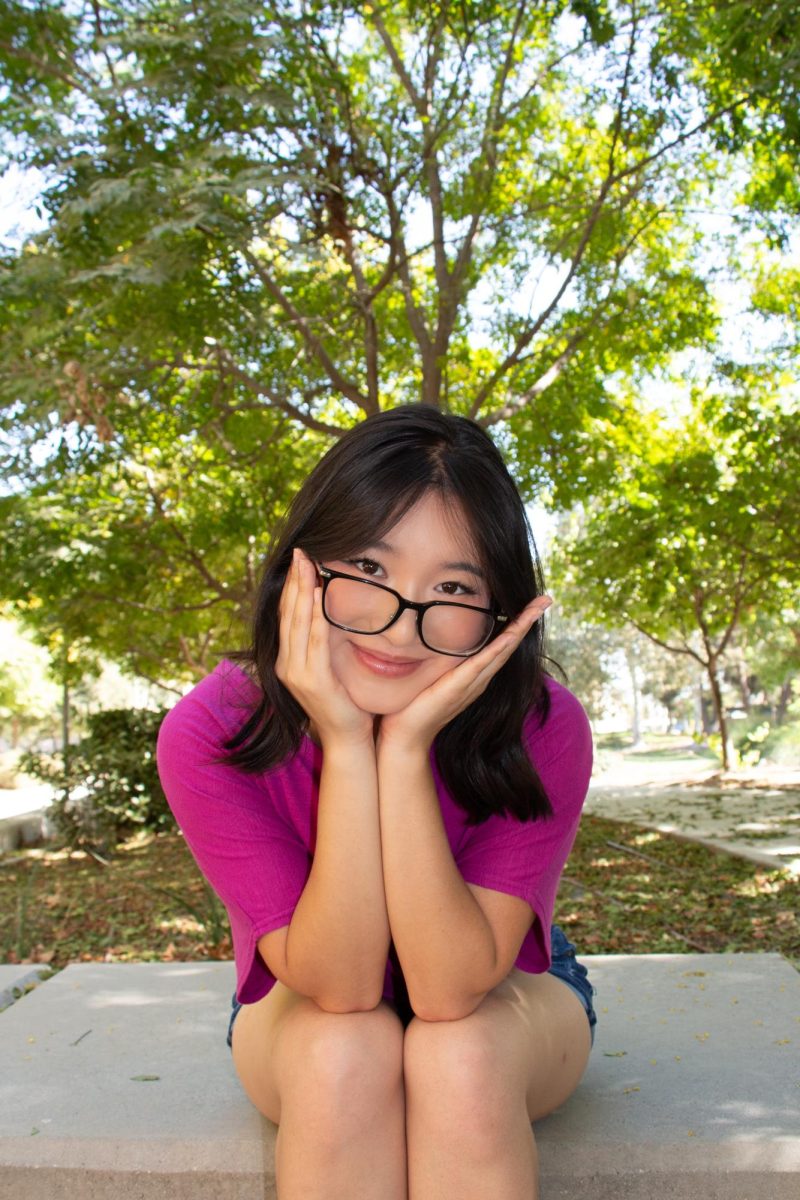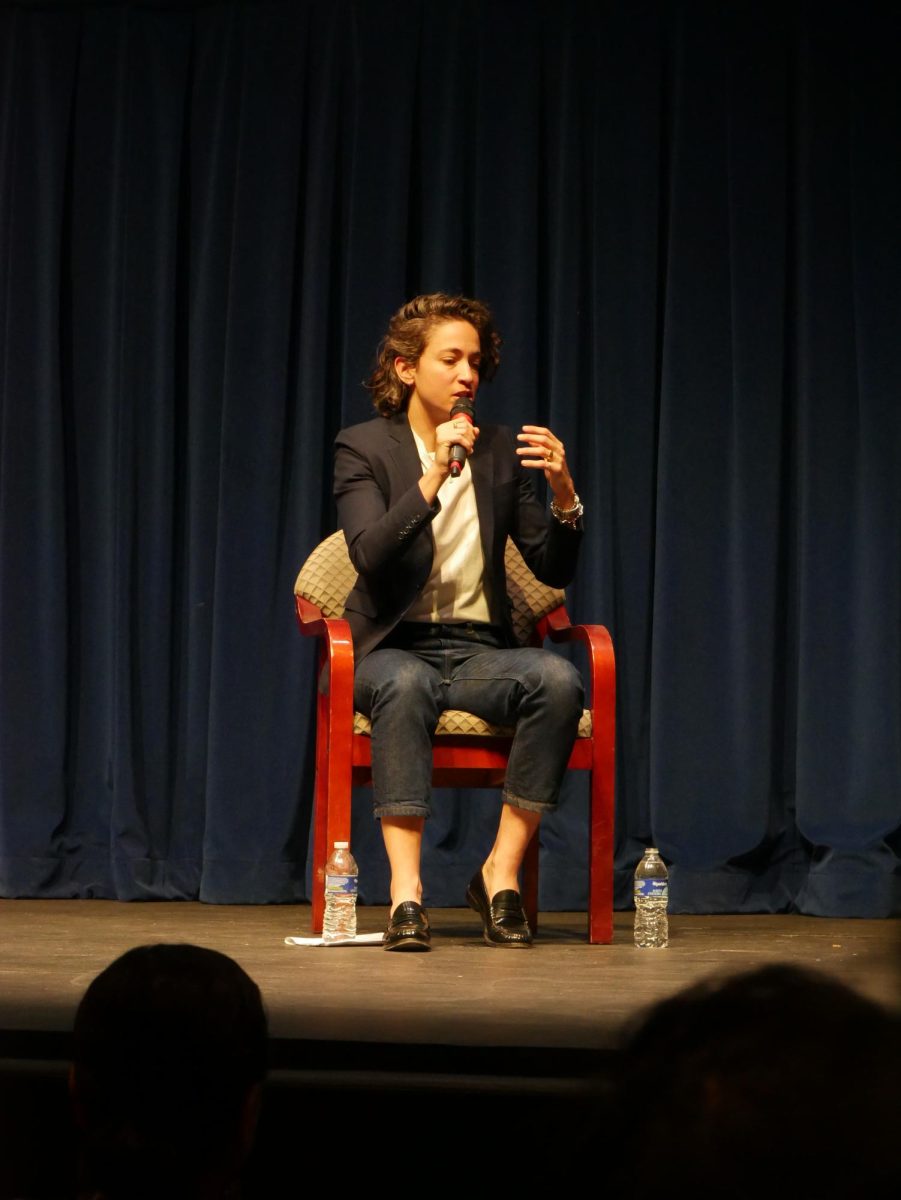By Chelsea L. McDowell
Reporter
CSU Bakersfield continues to offer resources and help to students in the Spring 2018 semester as more men and women are moved to come out as victims of sexual assault and rape.
The Department of Justice Archives updated the definition of rape to mean “the penetration, no matter how slight, of the vagina or anus with any body part or object, or oral penetration by a sex organ of another person, without the consent of the victim.”
Sexual assault is any type of sexual contact that occurs without the expressed consent of the recipient.
While CSUB offers several options for victims of rape or sexual assault, there are many reasons why these crimes go unreported.
Biology major Melissa Digwo believes that rape goes unreported because of fear of the assailant.
“I believe that most students who don’t report rape is due to harassment from the person that did the incident to them,” Digwo said. “Another thing would probably be like no one would believe them … [or] they just want to forget about it. If they do report it, they feel like nothing would be done.”
Political science major and senior Adrianna Wofford believes campus rapes don’t get reported as often as they happen due to psychological effects caused by the traumatic experience.
“I think most people retreat into themselves and just pretend like it never happened, and so when they go back to it there’s no actual memory because they blocked it out,” Wofford said.
If a rape or sexual assault happens on any part of the campus, the victim can call the emergency number for the University Police Department at (661) 654-2111, and talk to a dispatcher, who will ask questions about the crime before dispatching officers.
If a rape happens off campus, the Bakersfield Police Department should be called, dial 911.
UPD Cpl Carla Martinez has served CSU Bakersfield’s campus for 16 years. It is her job to help those who have been made a victim of a crime.
“Any time a student has any questions or they don’t know where to begin, they can always start with us. They can call us, they can come in [the UPD station,] we will point them in the right direction,” Martinez said.
The victim has the choice to remain anonymous.
Those that feel police officers are too intimidating to confide in or have concerns about publicity have many other options.
Victims of rape or sexual assault can go to the counseling center, a trusted professor, Student Victim Advocate Vanessa Corona, or the Title IX coordinator on campus, Claudia Catota.
The health center is another resource for students. Associate Director of the Health Center Erika Delamar said those who believe they have been sexually assaulted can disclose that to a physician, who will contact Nora Sanchez, medical assistant and referral coordinator.
Sanchez would offer two options.
“It’s one policy, two options. And one is if you want to prosecute or one is if you don’t want to report and we’ll just treat you,” said Delmar. “There’s no cost with that.”
If the victim wanted to go forward with a prosecution, UPD would then identify the police department that would handle the case—either Bakersfield Police Department or the Kern County Sheriff’s Department, depending on the location of the crime.
Victims of sexual assault or rape are sent to the Sexual Assault Response Team (SART) Center in Downtown Bakersfield, where evidence is collected for legal proceedings. The Health Center is not an evidence collection cite.
The SART Center also treats for STIs and provides the Plan B pill.
It is important to act immediately and before showering or changing clothes. Forensic exams—or SART tests—can reveal evidence for up to five days, but it is best to be examined at most 72 hours after the assault occurs.
Vanessa Corona is the student advocate on campus. She is located in the Rohan Hall, Room 102. Sanchez would offer the option of Corona’s services to a student that has been sexually assaulted or raped.
“[Corona] is an advocate who can walk you through the process, can go over to the exam with you, basically be a support system for you,” Delamar said.
However, if someone decided to go to the Health Center after the first five days, Sanchez would still refer the student to the SART Center.
There is no cost of the exam for students, because it is covered by the police department jurisdiction in which the crime took place in.
“If they don’t want to make a report, we treat the student here,” Delamar said. “We can give Plan B, we can prophylactically treat for STDs or we can test you for STDs. We give them that choice.”
To those who have dealt with attempted or completed sexual assault, Martinez would like to remind people that CSUB offers help.
“We have resources at the counseling center, the health center, any professor in their department,” Martinez said. “Whoever they’re comfortable with, they can bring in a friend or anybody would be willing to help them. Most of the services are free, like counseling and the Health Center for students, so let that not be a worry.”







